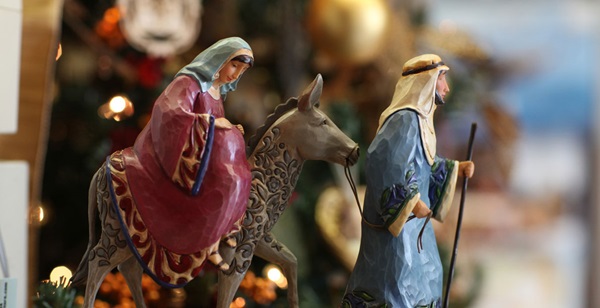We invite you to take a short quiz to test your knowledge on the history and traditions of the season of Advent. Be sure to share the link to this page with friends so you can compare scores later.
Download, print and share this Advent Quiz with your church, family and friends! And spoiler alert: after you take the quiz, you can see all the answers and learn lots more about Advent.





